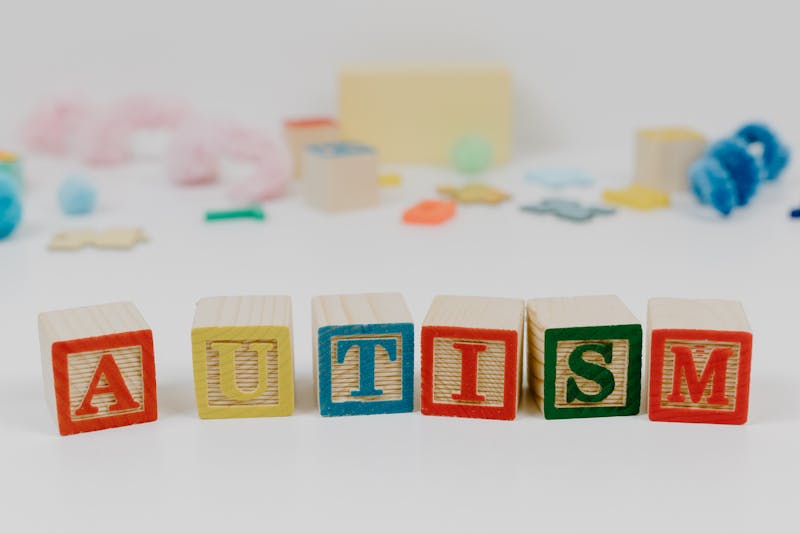There are many people who are on the spectrum, but you’ll never notice. They either are very good at hiding it, or only show it in very specific ways. However, there are many things that people with autism go through that Neurotypicals should understand. We have listed some of these things. So if you’re interested in learning more about it, we recommend you keep reading.
Why “We’re All on the Spectrum” Misses the Point
When someone reveals they’re autistic, it’s often met with a casual “we’re all on the spectrum” or a comment about a celebrity who seems “a bit autistic too.” While perhaps well-meaning, these remarks diminish the complexity and intensity of what it actually means to be autistic. Autism is not just a quirk or a slightly different personality type—it’s a neurological difference that can deeply affect communication, sensory processing, and day-to-day functioning.

Many autistic people spend their entire lives trying to mask these differences to appear neurotypical. This constant effort to fit into a world not designed for them can lead to chronic stress, burnout, and mental health challenges. The least others can do is respond with genuine curiosity and respect instead of quick comparisons or reassurances.
Understanding the “Spiky Profile” of Autism
No two autistic people are alike. That’s partly because autism often presents as a “spiky profile,” meaning individuals can have significant strengths in some areas—like pattern recognition, memory, or attention to detail—and real difficulties in others, such as managing sensory overload or interpreting social cues.
This variation makes stereotypes dangerous. Just because one autistic person excels in a certain domain doesn’t mean all will. And just because someone appears highly functional in one setting doesn’t mean they aren’t struggling in another. The spectrum isn’t a straight line from “mild” to “severe”—it’s a complex web of traits that interact differently for everyone.

Autism and the Hidden Cost of Masking
Masking can come at a steep price. It often leads to misdiagnosis or delayed diagnosis in women and non-binary individuals, whose traits don’t always align with outdated medical expectations. And over time, this suppression of identity contributes to alarmingly high rates of unemployment, anxiety, depression, and even suicide among autistic adults.
True support starts with letting go of stereotypes, avoiding dismissive comments, and taking autistic voices seriously. It’s not about being politically correct—it’s about being human.
